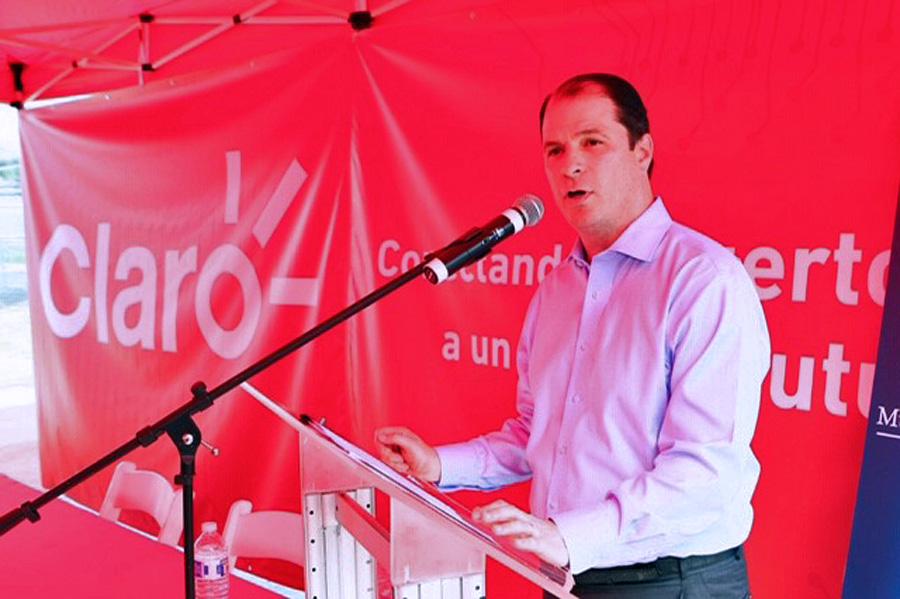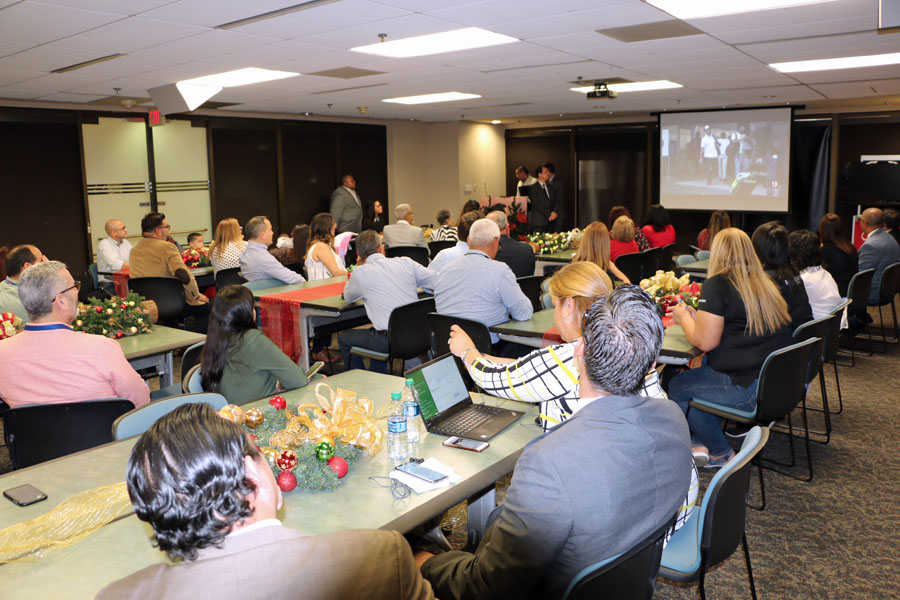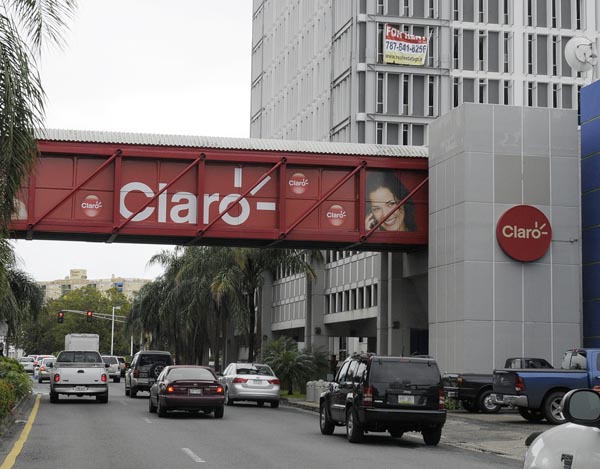FCC orders Claro to ramp up service to hearing-impaired


Claro will have to pay $650,000 to the U.S. government as part of its settlement with the FCC. (Credit: © Mauricio Pascual)
Puerto Rico Telephone, which does business as Claro, has been required by the Federal Communications Commission to step up how it provides services to hearing-impaired customers on the island.
The company will also have to pay $650,000 in four installments for possible violations to the agency’s “Hearing Aid Compatibility Order,” adopted in 2003 and modified in 2008 to enhance the ability of consumers with hearing loss to access digital wireless telecommunications services.
In an lengthy document, the FCC explained that in 2010, 2011 and 2012, Claro submitted hearing aid compatibility status reports that contained flaws that could have violated the order, prompting an investigation by the agency’s Wireless Telecommunications Bureau.
However, last year, Claro responded satisfactorily to a series of questions that the FCC asked relating to the carrier’s compliance with the Hearing Aid Compatibility Rules during the 2011 reporting period.
As a result, the agency and the company entered into a Consent Decree putting an end to its investigation, and establishing a series of conditions on Claro.
Among other things, the company has 30 days to designate a senior corporate manager to serve as compliance officer to develop, implement and administer a plan to abide by the federal mandate on hearing-impaired compatible services.
The plan requires Claro to establish operating procedures within 60 days to ensure that it offers consumers “the number or percentage of digital wireless hearing aid-compatible handset models required by the Hearing Aid Compatibility Rules, and accurately reports its handset offerings in annual hearing aid compatibility status reports.”
The company must also develop and distribute a compliance manual and provide training to employees on hearing aid rules requirements.
Attempts to reach Claro representatives for further comment were unsuccessful.









